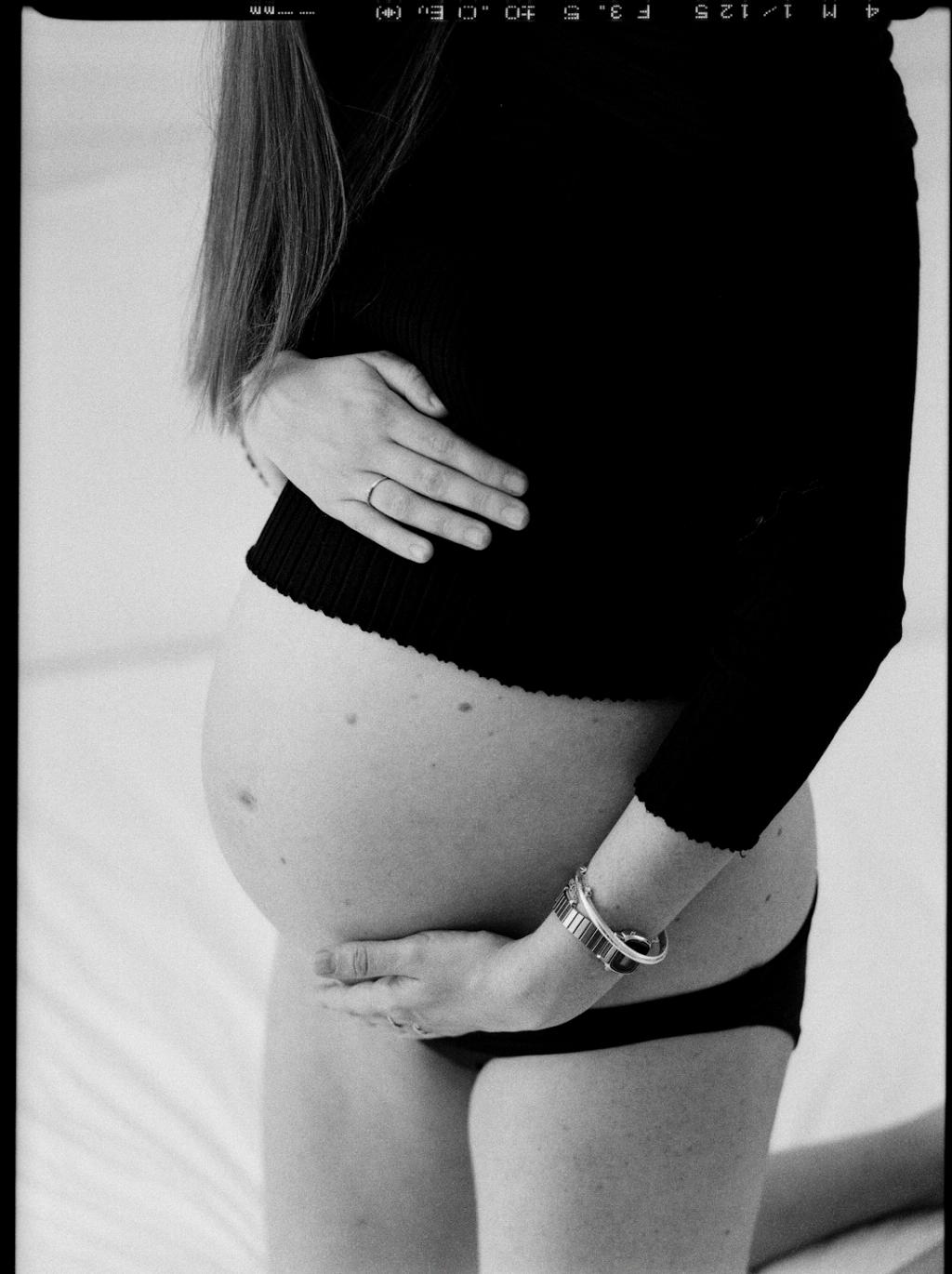One of the most common experiences that many pregnant individuals face in the early stages of pregnancy is extreme hunger. The influx of hormones in the body during this time can often lead to heightened sensations of hunger, making you feel like you just can’t seem to get enough to eat.
It is important to note that feeling extremely hungry in early pregnancy is considered normal for many individuals. The changes in hormone levels, specifically human chorionic gonadotropin (hCG) and progesterone, play a significant role in this increased appetite. These hormones can directly impact your metabolism and digestion, causing you to feel hungry more frequently.
Additionally, the growth and development of the fetus during early pregnancy can also contribute to increased hunger. Your body is working hard to nourish and support the growing baby, which can result in a greater need for energy and nutrients, leading to feelings of increased hunger.
It is crucial to listen to your body during this time and respond to its needs accordingly. Ignoring feelings of extreme hunger can potentially lead to nutrient deficiencies and may negatively impact both your health and the development of the baby.
One way to manage extreme hunger in early pregnancy is by focusing on consuming nutrient-dense foods that provide satiety and essential nutrients for both you and your baby. Opting for whole grains, lean proteins, fruits, vegetables, and healthy fats can help keep you feeling full for longer periods and provide the necessary nutrients for a healthy pregnancy.
Another important aspect to consider is the timing of your meals and snacks. Eating smaller, frequent meals throughout the day can help stabilize blood sugar levels and prevent extreme hunger episodes. Including snacks that are rich in protein and fiber can also aid in curbing hunger and providing sustained energy.
Ensuring that you stay hydrated is also key in managing extreme hunger. Sometimes thirst can be mistaken for hunger, so drinking an adequate amount of water throughout the day can help prevent unnecessary snacking and keep hunger at bay.
If you find yourself experiencing extreme hunger that is interfering with your daily life or causing significant discomfort, it is essential to communicate with your healthcare provider. They can offer personalized advice and guidance on managing your hunger levels and ensuring that you are meeting your nutritional needs during early pregnancy.
In conclusion, while extreme hunger in early pregnancy is a common phenomenon, it is essential to approach it with mindfulness and care. By tuning into your body’s signals, making mindful food choices, staying hydrated, and seeking support from healthcare providers when needed, you can navigate this aspect of pregnancy with confidence and ensure a healthy and nourishing journey for both you and your baby.

